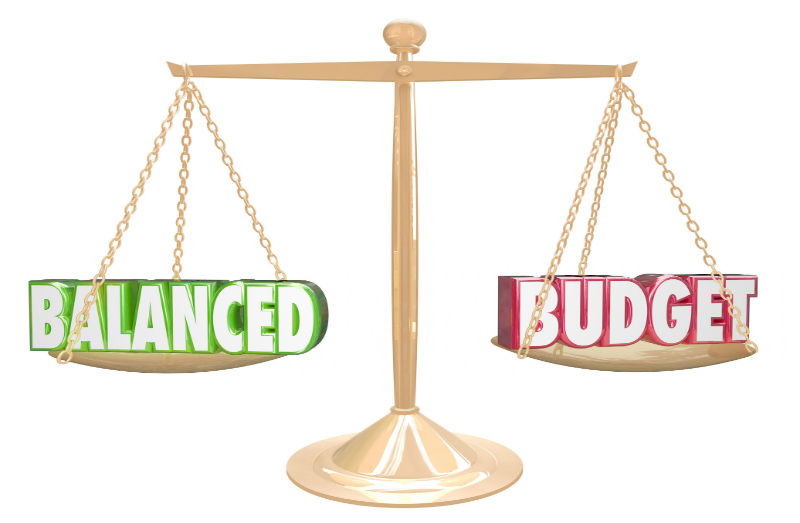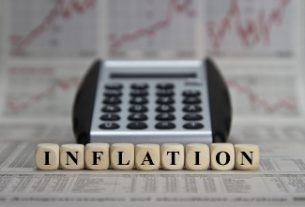The government shutdown drama has come to an end… for the next two weeks. Kicking the can down the road yet again, Congress has authorized a two-week spending bill, meaning that come December 22nd this whole mess will be back in the headlines yet again. The thinking behind a two-week bill is that having a deadline so close to Christmas will force concessions from lawmakers who really don’t want to be stuck working in Washington over Christmas.
This doesn’t bode well for the future of tax reform, healthcare reform, or any other big-ticket legislative issues that Congress is currently dealing with. More importantly, the budget impasse points to larger issues that will continue to confound Congress moving forward.
One particular stumbling block is the level of federal government spending. You would think that with a budget that continues to increase year after year that more Congressmen would get serious about cutting government spending. Yet as the tax reform debate demonstrated, Congress is more concerned about maintaining government revenue, focusing on “revenue neutral” tax reform, or claiming that lower marginal tax rates will actually boost tax revenue so that the government can spend more taxpayer money.
Democrats want to spend more on social programs, many of which already see automatic increases in spending, and which Republicans are loath to cut for fear of being seen as uncaring Grinches (which is their reputation anyway.) Republicans want to see increases in military spending, as the endless conflicts in Afghanistan, Syria, and elsewhere continue to wear down soldiers, wear out military equipment, and consume billions and trillions of dollars.
What we end up getting time after time are short-term spending bills that keep things at more or less the status quo, continuing to increase spending through opaque continuing resolutions while making sure that no Congressman’s sacred cows are slaughtered. Meanwhile, budgets continue to remain unbalanced, necessitating even more and more debt issuance. Only a few months after surging through the $20 trillion mark, the national debt now stands at over $20.5 trillion. That debt will eventually have to be paid, and when that happens it will be taxpayers who will be on the hook for Congress’ inability to get its fiscal house in order.
This article was originally posted on Goldco.




